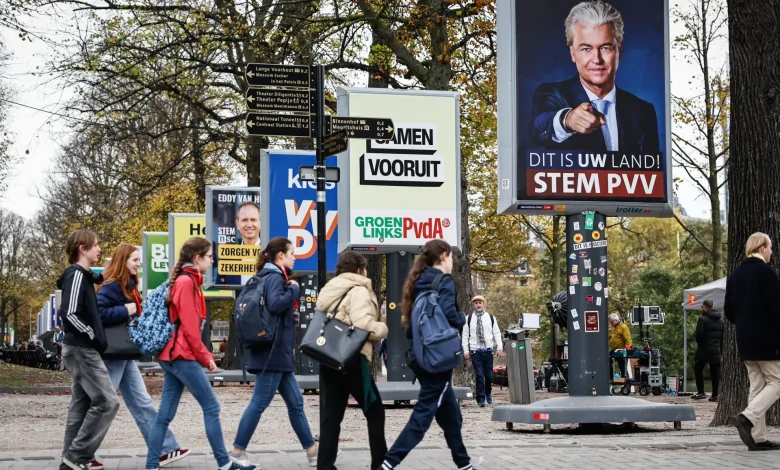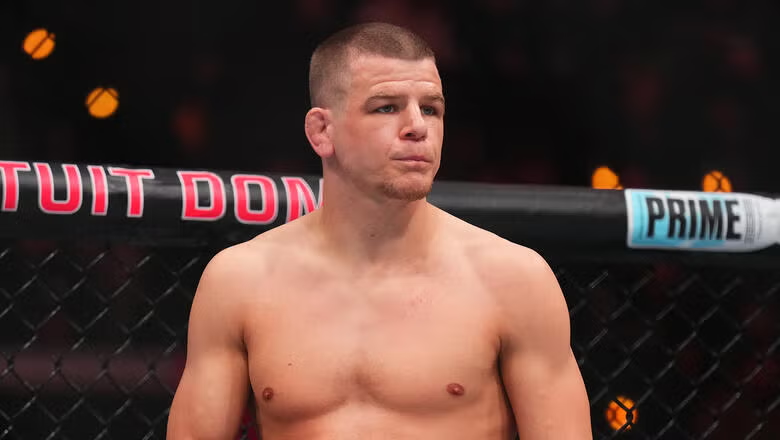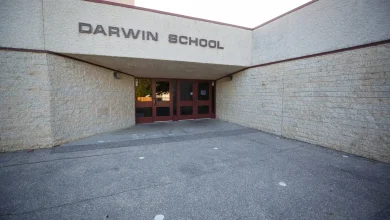Centre-left party leads far-right in Netherlands election exit poll

The centre-left D66 party is on course to be the biggest party in the next Dutch parliament, ahead of the far-right Freedom Party, according to exit polls.
The result, if confirmed, would be a huge setback for anti-Islam Geert Wilders’s Freedom Party, which polls had suggested would come out on top in Wednesday’s elections in the Netherlands.
Recommended Stories
list of 2 itemsend of list
The exit poll projects that D66 will win 27 seats in the 150-seat parliament, with the Freedom Party on 25 seats. However, the margin of error of the exit poll is up to three seats – indicating that the final result could be different once the votes are counted.
The right-wing VVD was projected to win 23 seats, while the left-wing Greens-Labour party was projected to win 20 seats.
The D66 leader, Rob Jetten, said that the election result could pave the way for a stable government coalition, adding that he would look to other mainstream parties to partner with. He added that Dutch voters had given a clear sign with what he called the parties win, and said goodbye to the far-right politics of Wilders.
Wilders has not yet conceded, saying his party may still come out on top. However, he added that even with 25 seats the party’s performance was it’s second strongest historically.
The high-stakes snap election has been dominated by immigration and housing issues, testing the strength of the far right, which is on the rise across Europe.
Voting began at 7:30am (06:30 GMT) on Wednesday. Despite Wilders’s polling lead, three more moderate parties had been closing the gap, and half the electorate was undecided.
“It is so tight that there is absolutely no way to determine how this will unfold later,” said Al Jazeera’s Hashem Ahelbarra, reporting from Amsterdam. “There is a great deal of suspense.”
After the final results are known, parties have to negotiate the makeup of the next coalition government in a system of proportional representation that means no party can reach the 76 seats needed to govern alone.
The key question is whether other parties will work with Wilders – known as the “Dutch Trump”, a reference to the United States president – who sparked the elections by pulling the PVV out of a fractious four-way coalition and collapsing the previous government in a row over immigration.
All mainstream parties have ruled out a partnership with him again, finding his views too unpalatable and viewing him as an untrustworthy coalition partner. It seems likely that the leader of the party that polls second will most likely become prime minister.
Reporting from The Hague, Al Jazeera’s Step Vaessen said the election campaign had been “dominated by calls to limit immigration” with “some violent protests against refugee centres”.
In a pre-election interview with the news agency AFP, Wilders said people were “fed up with mass immigration and the change of culture and the influx of people who really do not culturally belong here”.
“The future of our nation is at stake,” he said.
Jetten, whose D66 party wants to rein in migration but also accommodate asylum seekers, told Wilders that voters can “choose again tomorrow to listen to your grumpy hatred for another 20 years or choose with positive energy to simply get to work and tackle this problem and solve it”.
Ahelbarra noted that D66 has been on a “spectacular rise” in the polls while there are indications Wilder’s Freedom Party is losing momentum. “This could have far-reaching consequences on what happens next,” he said.
Frans Timmermans, a former European Commission vice president who now leads the centre-left bloc of the Labour Party and Green Left, said in the final debate before the elections that he was “looking forward to the day – and that day is tomorrow – that we can put an end to the Wilders era”.
Beyond immigration, the housing crisis that especially affects young people in the densely populated country has been a key campaign issue. Rising healthcare costs and potential cuts or freezes to basic health coverage proposed by some parties are also on voters’ minds.
“Housing is an issue, but also healthcare. There should not be any shortage or cut-off”, Dutch voter Anabelle Van der Bergh told Al Jazeera.
The electoral commission has registered 27 parties and 1,166 candidates running for the House of Representatives.
That means a big ballot paper because it bears the names of all the parties and the candidates on each party’s list.
Polls closed at 9pm (20:00 GMT).





